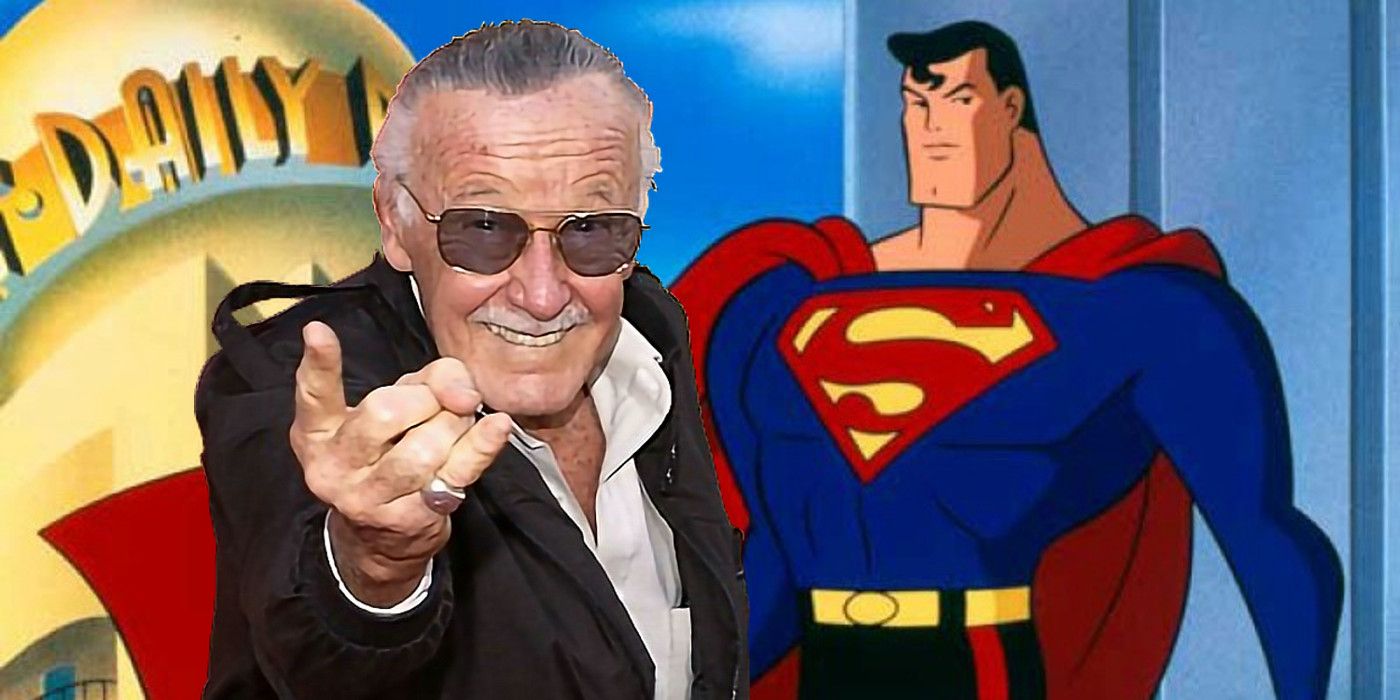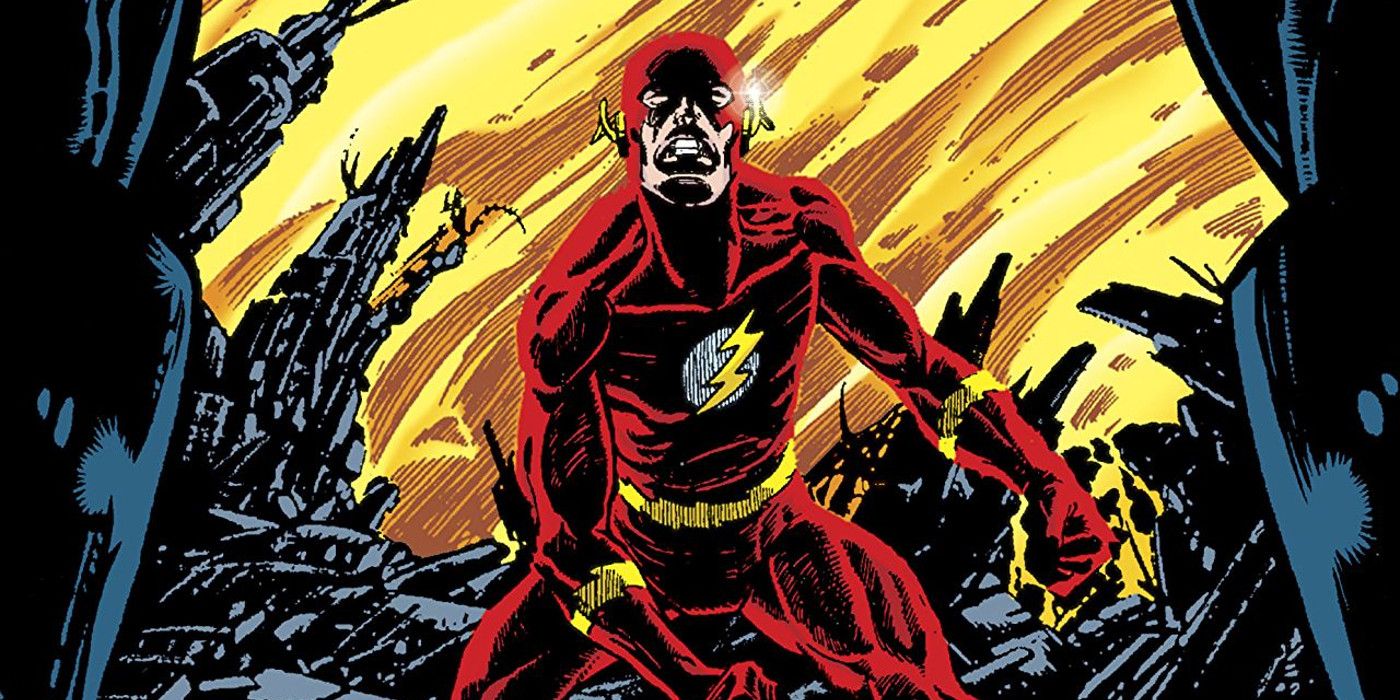There was a time when DC Comics editorial truly went off the deep end in envy of rival company Marvel’s success, and, true to his postmodern pretenses, Tom King appears to be on the brink of diving right after them. Never one to have less than three running series nowadays, it looks like the next direction is clear from the meta-textual magician King. DC Comics’ resident deconstructionist has confirmed his newest book from DC (which will be creator owned) will focus on DC’s Bronze Age, a bizarre epoch in its publishing history that culminated in what became known as the “DC implosion" thanks to an attempt to keep up with the machinations of Stan "The Man" Lee.
Looking inside the choices of a creative department in a desperate entertainment company can sometimes come to resemble something similar to the thought processes of someone who can only be described as hopelessly insane. Perhaps this analogy can best be typified by DC’s descent into mania following its period of sales deficiencies compared to Marvel’s supremacy in the ‘60s under the legendary Stan Lee. Lee’s social commentary-laden dramas and relatable characters ushered in a new era of comics, while DC languished with its more outdated, reverent style, eventually losing its market superiority in 1966. By 1968, Marvel comics were selling almost 40 million more copies than DC, according to Zak-site.com. A change needed to be made.
However, the changes DC ended up making did not result in higher sales, and, soon to be lampooned by King according to an interview with Comicbook.com, the actual results were a cavalcade of increasingly bizarre ideas that no sane person would ever try to make sense of. According to King, however, his newest series will be an actual attempt to make sense of these titles, saying in the interview:
I've been really into the Bronze Age comics of DC. I've been just loving that era of the late '60s, early '70s, when DC realized that Marvel was basically kicking its ass. No offense to the company that puts food on my table, but they were looking at [Jack] Kirby, they're looking at [Stan] Lee, and they're like, 'We don't understand. We make comics that have much cleaner art, that have cleaner stories.' And then DC went insane, basically, from 1968 to 1985. I love that era. It's just so bizarre. You've got your Warlords, and you've got the romance comics of the '70s, and you've got Tor, and you've got these beautiful war comics. They were just throwing everything against the wall, trying to find something that would stick and help them compete with Marvel, and they couldn't find anything. Including — they had all these Archie competitors that were so big, like these Binkys and Debbies and everything that could rhyme with Archie. So yeah, I would love to mine that era — and I have. There are books coming out that mine that bizarre era in DC comics. One of which is my creator owned, which is going to be announced soon, which takes a lot of inspiration from that era.
School days-style romance comics, weird and wild war and western comics and Robert E. Howard-influenced fantasy all rolled into obscure superhero archetypes sounds exactly like something King would come up with. He will no doubt elicit some kind of tragic unity from this fractured publishing-mindset in the end of a naturalistic journey through human psychology. It was this very era in DC that eventually led to two of its most famous stories: The Dark Knight Returns by Frank Miller and Watchmen by Alan Moore and Dave Gibbons, both in 1986. Perhaps it is the growing pains that eventually generated these landmark works that King wishes to explore.
Or perhaps King is referring to DC’s current problems, juxtaposing its critically-panned cycle of company-wide “Crisis events” to its first such “Crisis” at the end of the Bronze Age, 1985’s Crisis on Infinite Earths, which was used to fix the continuity problems and increase accessibility in order to compete with Marvel. But what crazy meta-historical hijinks will DC Comics writer Tom King actually get up to next? Only time will tell.
Sources: Comicbook.com, Zak-site.com


